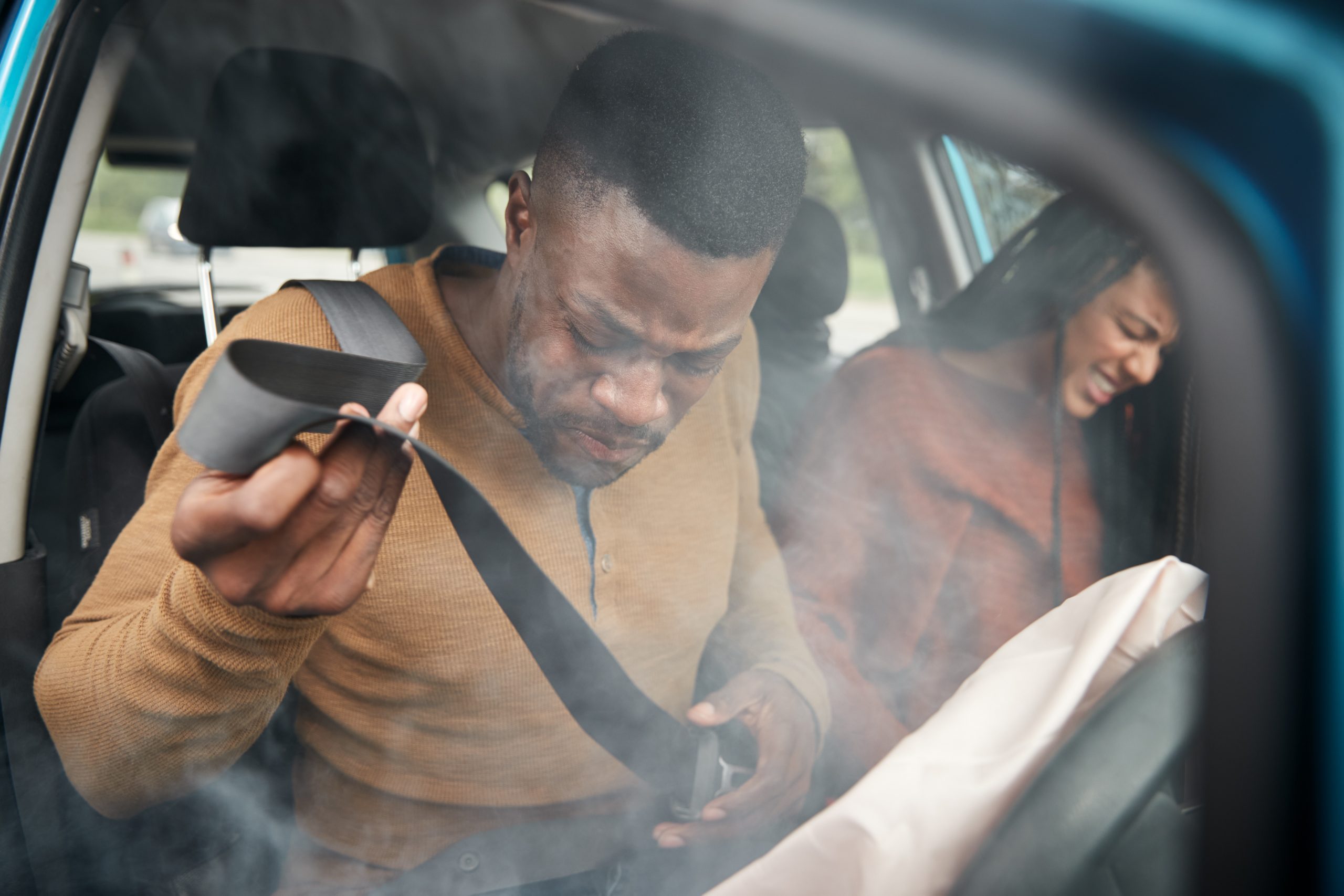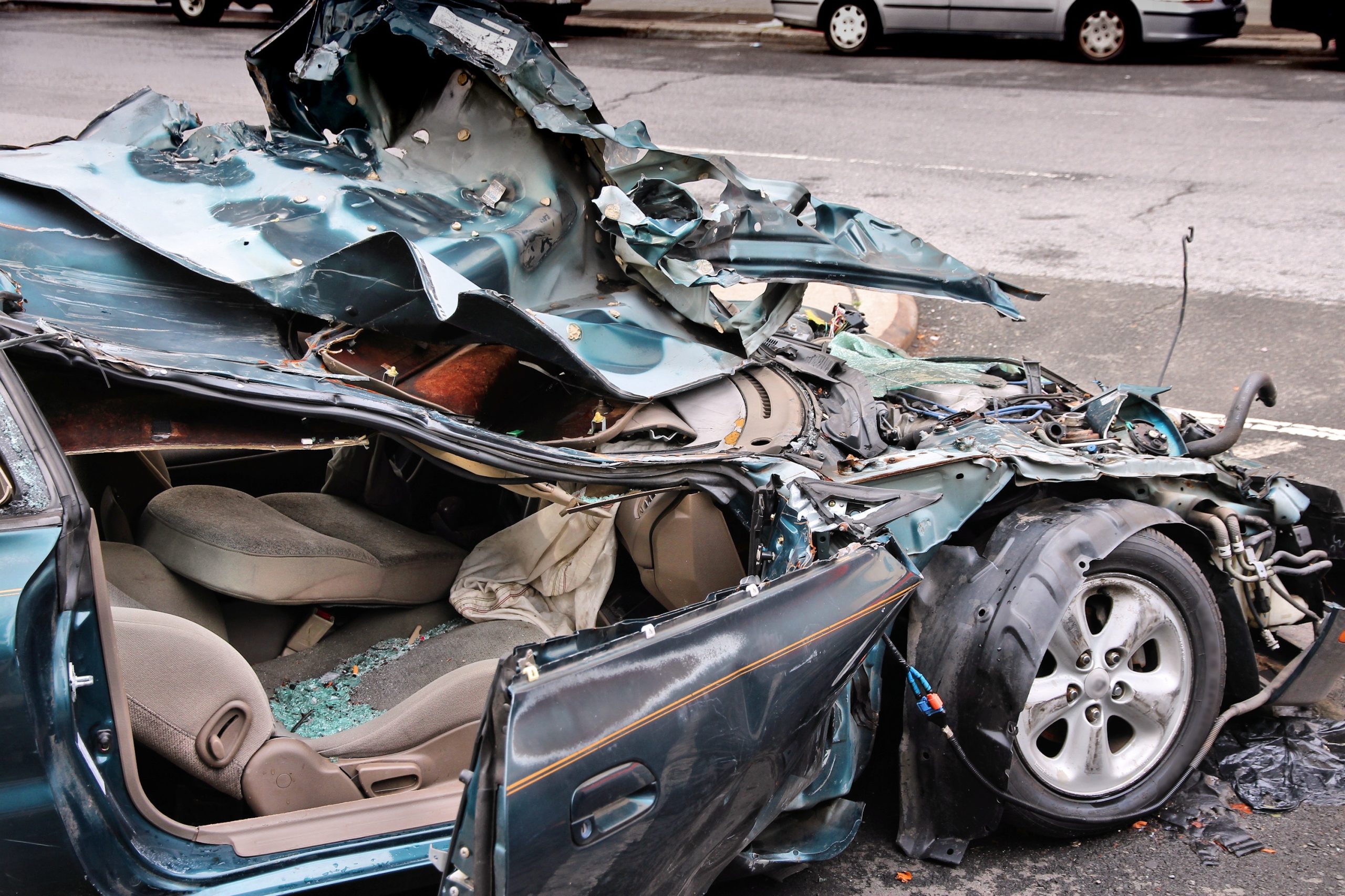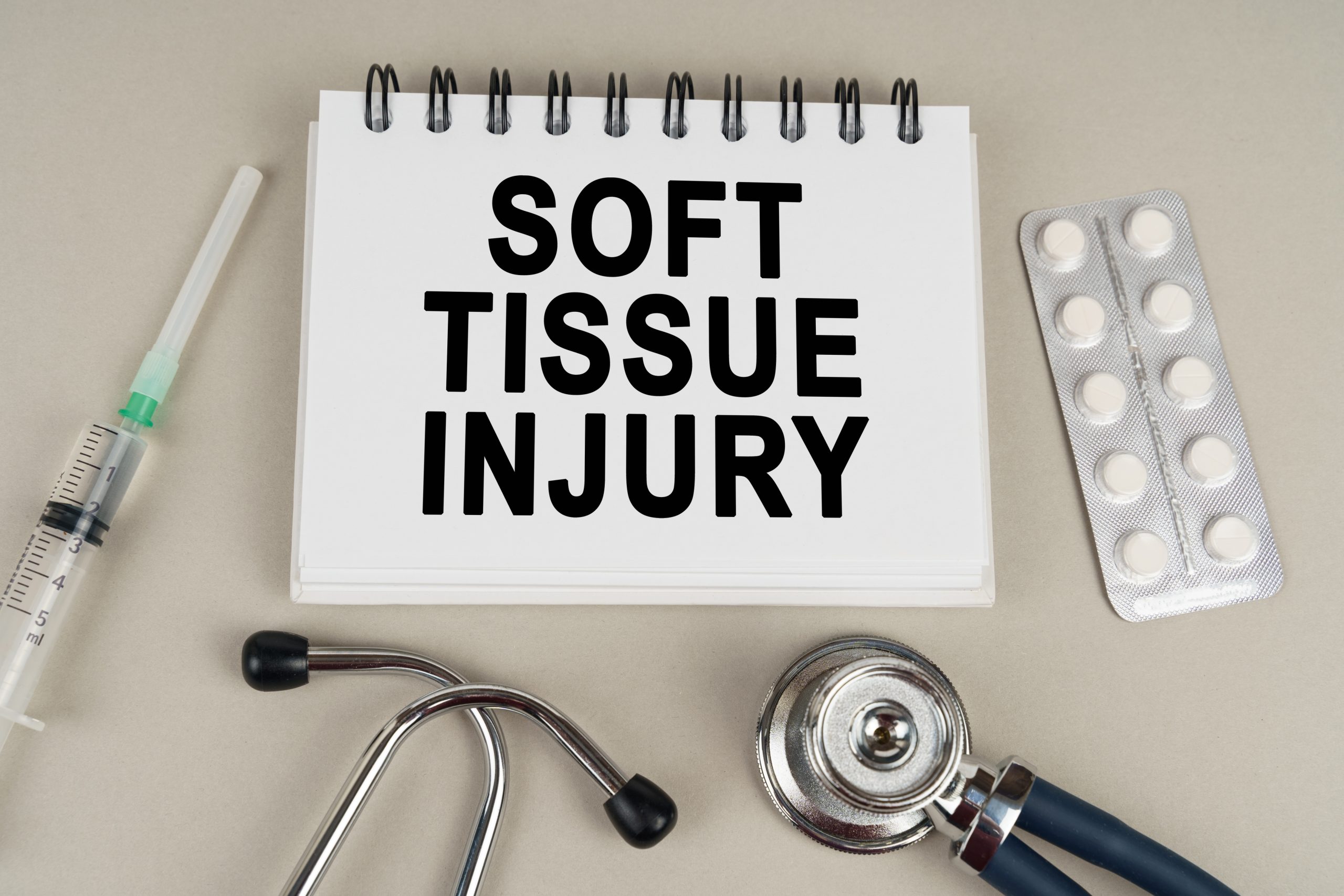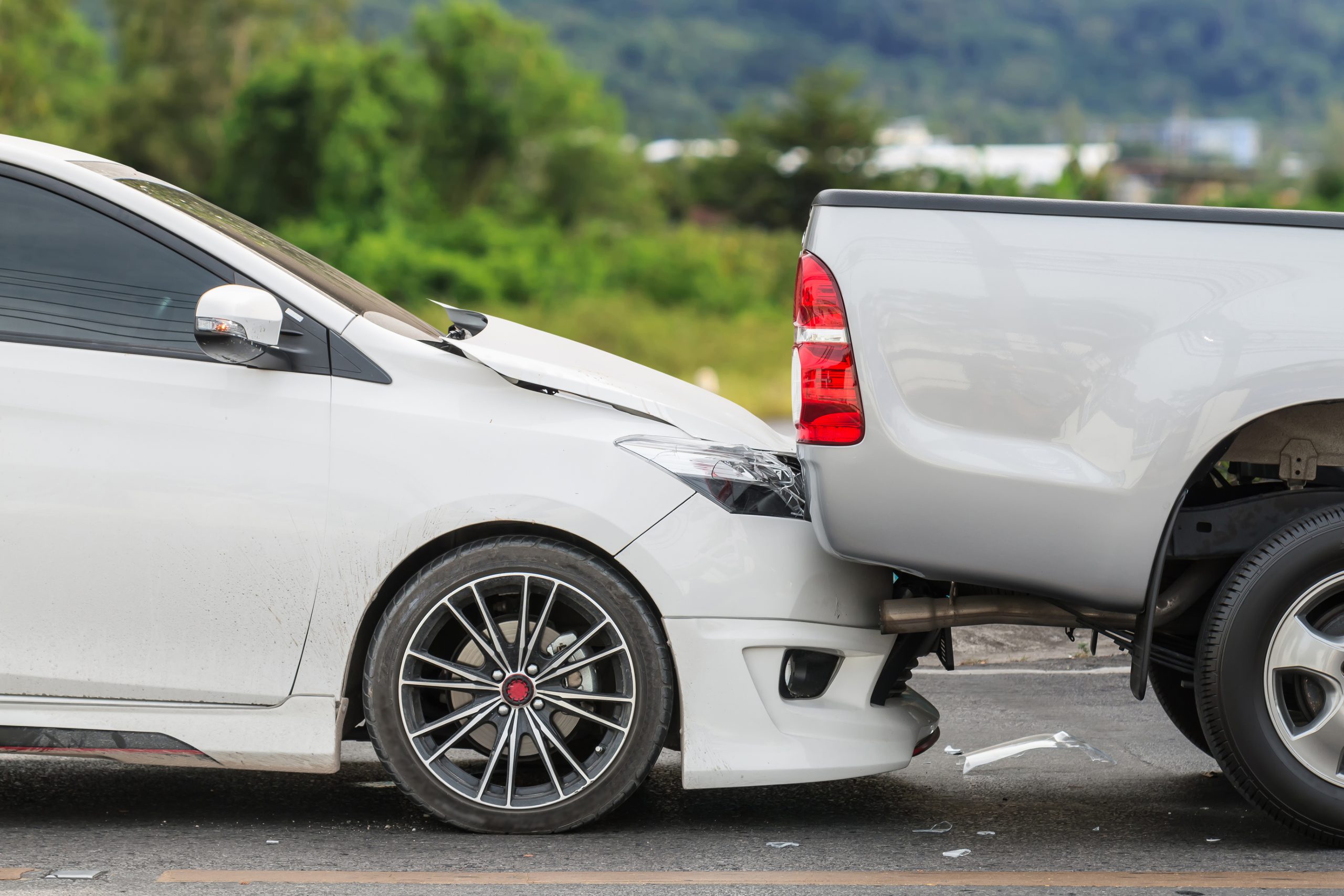If you were injured while riding as a passenger in a vehicle, you almost certainly did not anticipate that your safety and health would be in jeopardy. You placed your trust in the hands of the driver, and you expected that others on the road would drive with care and caution. When other people’s negligent actions harm you, you have the right to hold them accountable through legal action. If you have suffered injuries as a passenger in a car accident, you could be eligible to pursue an insurance claim or a personal injury lawsuit against the person whose negligence caused the crash, whether it was the driver of your vehicle, another motorist, or someone else.
Who will pay my medical bills?
Depending on the circumstances, you might be covered by your own auto and insurance policies, another party’s car insurance policy, or both. If you’re a passenger injured in a car accident, you might file a claim against: the liability insurance coverage of the driver or owner of the car you were riding in, and the liability coverage of the driver or owner of any other vehicle involved in the accident. You can’t collect from both drivers and owners more than your claim is worth, but if one driver or owner is uninsured or underinsured you can make up the rest of your losses (called “damages“) from another (Goguen, 2022).
Your own insurance
In most cases, the insurance of the person who was at fault for the accident pays for your damages. But you might need to file a claim under your own policy in some situations (instead of or in addition to other claims), including when: the responsible drivers or owners do not have insurance or do not have enough insurance to pay for your losses, and you want payment to cover your medical bills right away.
What are my rights if I was a passenger with a driver who is at fault?
Your rights as a passenger in a vehicular accident are much the same as they are when you are the driver; your expenses including medical bills, pain, and suffering, and so on should be paid for by the driver at fault. It does not matter if the person at fault was driving the vehicle that you were in or another car involved in the accident.
At-Fault Passenger Claims
If you claim under the car insurance policy of the at-fault driver, it classifies as a third-party claim. Passenger injury claims proceed in the same manner as any car accident claim. Unlike drivers, a passenger may make claims against both drivers if both share fault in the accident that caused their injuries. If one driver bears no responsibility in the accident, such as during a rear-end crash, the passenger may only file a claim against the driver who hit the car in front of them.
Fault-Based States
In an at-fault state, the at-fault driver’s bodily injury liability insurance will cover your medical expenses by reimbursing you or your health insurance for any incurred costs. If they do not have enough coverage to pay for all your bills (or worse, they do not have car insurance at all) you may need to use your own benefits, such as Med-Pay or uninsured motorist coverage, to help cover additional medical expenses.
No-Fault States
If you live in a no-fault state, you will need to file medical claims directly with your PIP coverage. You can reach out to your insurance agent and they can help guide you through the process of filing a PIP claim. Once you have met the limits of your PIP coverage, the other driver’s liability coverage would step in to pay additional expenses, up to the limits of their policy.
If the driver has a lawyer, do I need to hire the same lawyer as the driver?
If you, the driver, and the lawyer are sure there is no conflict of interests (such as liability issues of who was at fault) between the parties, then there is not an issue hiring the same lawyer. However, if there was any doubt regarding that, then the passenger should be referred out to another counsel. This does not make any difference to the insurance company in terms of settlement if there are no conflicts with liability.
Personal Injury Protection (PIP)
Personal Injury Protection (PIP) is an extension of car insurance available in some U.S. states that covers medical expenses and, in some cases, lost wages and other damages. PIP is sometimes referred to as “no-fault” coverage, because the statutes enacting it are generally known as no-fault laws, and PIP is designed to be paid without regard to “fault,” or more properly, legal liability. You can use your own PIP coverage if you have it, a relative you live with, the driver of the vehicle you were with, or the other third-party driver that was involved in the accident (Ullrich, 2023).
Med-Pay Coverage
This is an option in states where Personal Injury Protection (PIP) insurance is not available. Many car insurance policies pay up to certain limits for accident-related medical bills, no matter who was at fault for the accident (called “medical payment” or Med-Pay coverage). If you have Med- Pay, your medical bills are covered when you are driving or riding in the insured car or anyone else’s car (Jones, 2023).
Your own health insurance
You can always use your own health insurance to pay for your car-accident-related medical care. But if you do rely on your own health coverage to take care of your medical bills, and then you receive compensation for your injuries from another party’s insurer, you might have to repay your health insurance company for some or all the bills its covered. If you have the option of paying your bills through your health plan or car insurance coverage (like Med-Pay or PIP), figure out if one option requires reimbursement and another does not. You will probably want to go with the one you do not have to repay. Your insurer might have the right to get reimbursed (paid back) from another party’s insurer. The insurance companies will probably work behind the scene to reach an agreement about how to split the costs.



